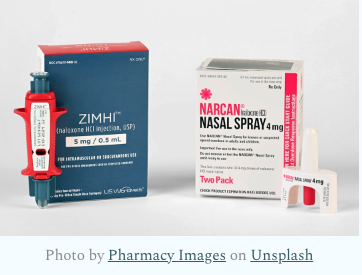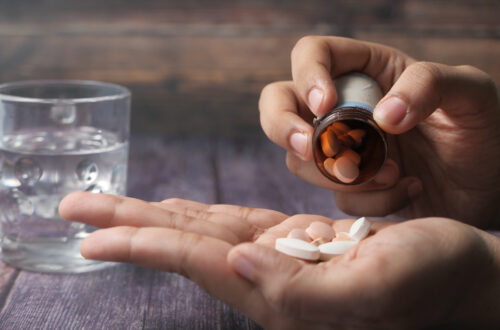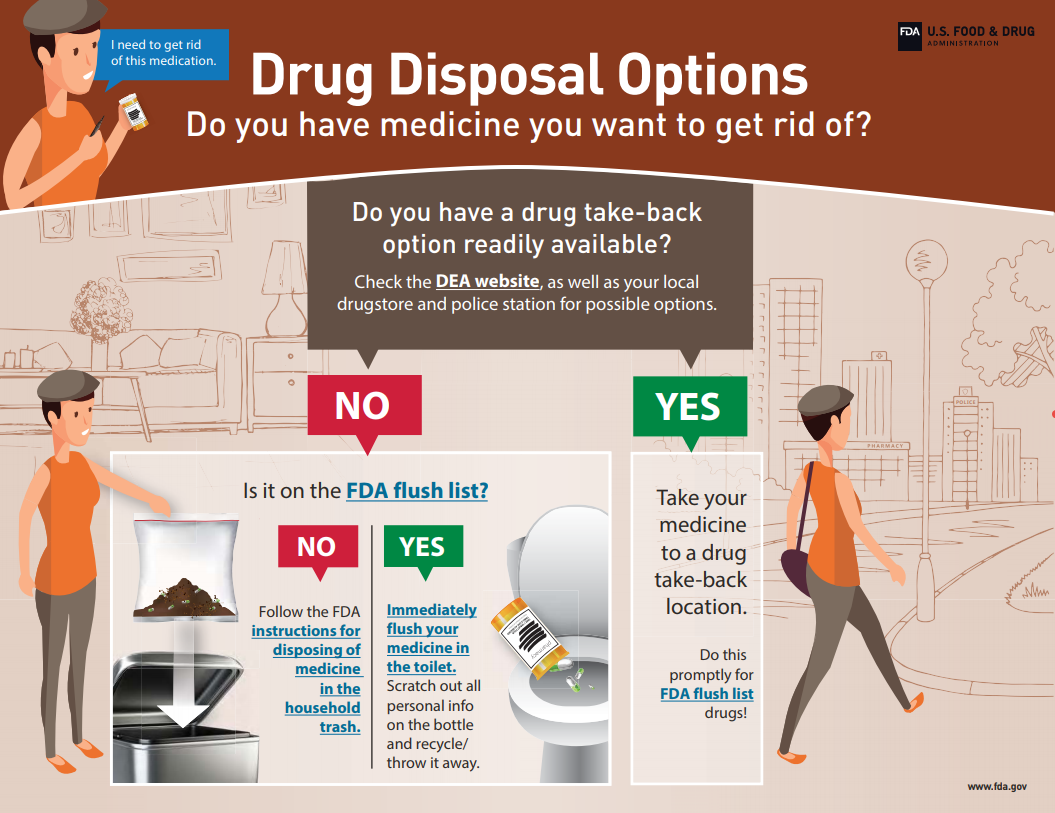
Medication Storage and Expiry Dates — Don’t Ignore Them!
Quick pop quiz! Do you know proper medication storage recommendations and what to do with expired medications?
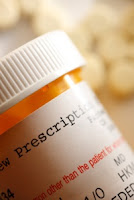
1- Where do you store your prescription drugs and over-the-counter (OTC) products?
- In the bathroom medicine cabinet
- In a kitchen cupboard
- On the counter
- On the bedside table
- All of the above
- None of the above
1- The idea of a bathroom medicine cabinet most likely came out of convenience. Someone decided that if you’re going to be in the bathroom doing your usual routines, you will also have a glass of water, and then you can take your medications at the same time. But should you? Nope. This is one place you definitely should NOT keep your medications.
Whether you are storing prescription or OTC drugs, they should be kept in a dry, cool place to keep the compounds from breaking down. So that means you shouldn’t keep them in the bathroom.
2- What about the kitchen? That could work if you have a safe place away from any heat source or sink. But, of course, if there are any “littles” in the house (or who visit), these should be out of reach of curious hands.
3- Is the counter a safe place? If you live alone or with adults who know not to touch your medications, it could be safe, as long as it’s not next to any heat source or sink. However, if you do get children visiting, this could be an accident waiting to happen.
4- Some people keep their drugs on their bedside table because they take them first thing in the morning and last thing at night. This is probably a dry, cool place, but if you have children visiting – again, it could be a danger. (The same goes for carrying medications in your purse or a bag so you have them close at hand. If you are visiting a place with children, please always know where your bag is. I remember, as a child, sneaking a roll of antacids out of my mother’s purse because I thought they were peppermints!)
2- When did you last check the expiry dates on the items in your medicine cabinet?
- Just the other day
- Routinely, every X months
- I’m supposed to check expiry dates?
It’s a good idea to check expiry dates on everything from OTC pain relievers to sunscreen – yes, even sunscreen. Using expired sunscreen could leave you with a wicked sunburn. When going through my shelf this morning, I found an expired bottle. Oops.
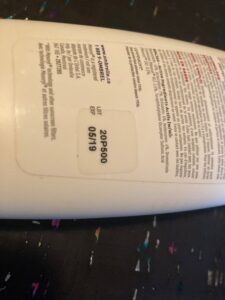
According to the Food and Drug Administration (FDA): “It’s important to be aware that there are several potential harms that may occur from taking an expired medicine or one that may have degraded because it was not stored according to the labeled conditions. If a drug has degraded, it might not provide the patient with the intended benefit because it has a lower strength than intended. In addition, when a drug degrades, it may yield toxic compounds that could cause consumers to experience unintended side effects. Patients with serious and life-threatening diseases may be particularly vulnerable to potential risks from drugs that have not been stored properly.”
So, pick a schedule, maybe the end of every month or the change of every season – something that you will remember to follow, and check to see if you have any medications that need to be tossed.
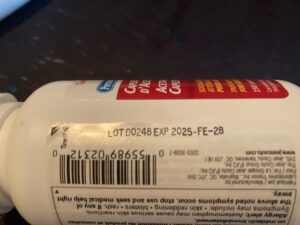
3- How do you dispose of expired medications or drugs you no longer need?
- Throw them in the trash
- Flush them down the toilet
- Bring them back to the pharmacy
- Use a drug return program
- Give them to someone else to take if needed
Ok, let’s cross 5 right off that list! If an expired OTC drug shouldn’t be used, don’t give it away. And you should never give away your prescription medications. Now for the options:
1- No, do not throw pills in the trash – for various reasons. First, the tablets will disintegrate into the ground soil or the water table. Animals may get hold of them and get poisoned (which can lead to more poisoning if another consumes that animal…), kids may somehow get into the trash, and I’m sure there are many more reasons to avoid this disposal method.
2- The general rule is not to flush medications down the toilet because we don’t want the drugs in the water supply, but there are exceptions. The FDA has a “flush list” for certain medications.
3- Bringing the drugs back to the drugstore is possible if the store offers this service.
4- The Drug Enforcement Agency (DEA) sponsors a Take-Back Day. The next one is on April 22. Go here to find out where you can bring your medications. You can also check here for a year-round collection.
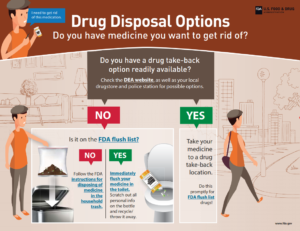
Take care of yourself and your health by paying attention to where you store your medications and how long they are good for.
Disclaimer
The information in this blog is provided as an information and educational resource only. It is not to be used or relied upon for diagnostic or treatment purposes.
The blog does not represent or guarantee that its information is applicable to a specific patient’s care or treatment. The educational content in this blog is not to be interpreted as medical advice from any of the authors or contributors. It is not to be used as a substitute for treatment or advice from a practicing physician or other healthcare professional.


